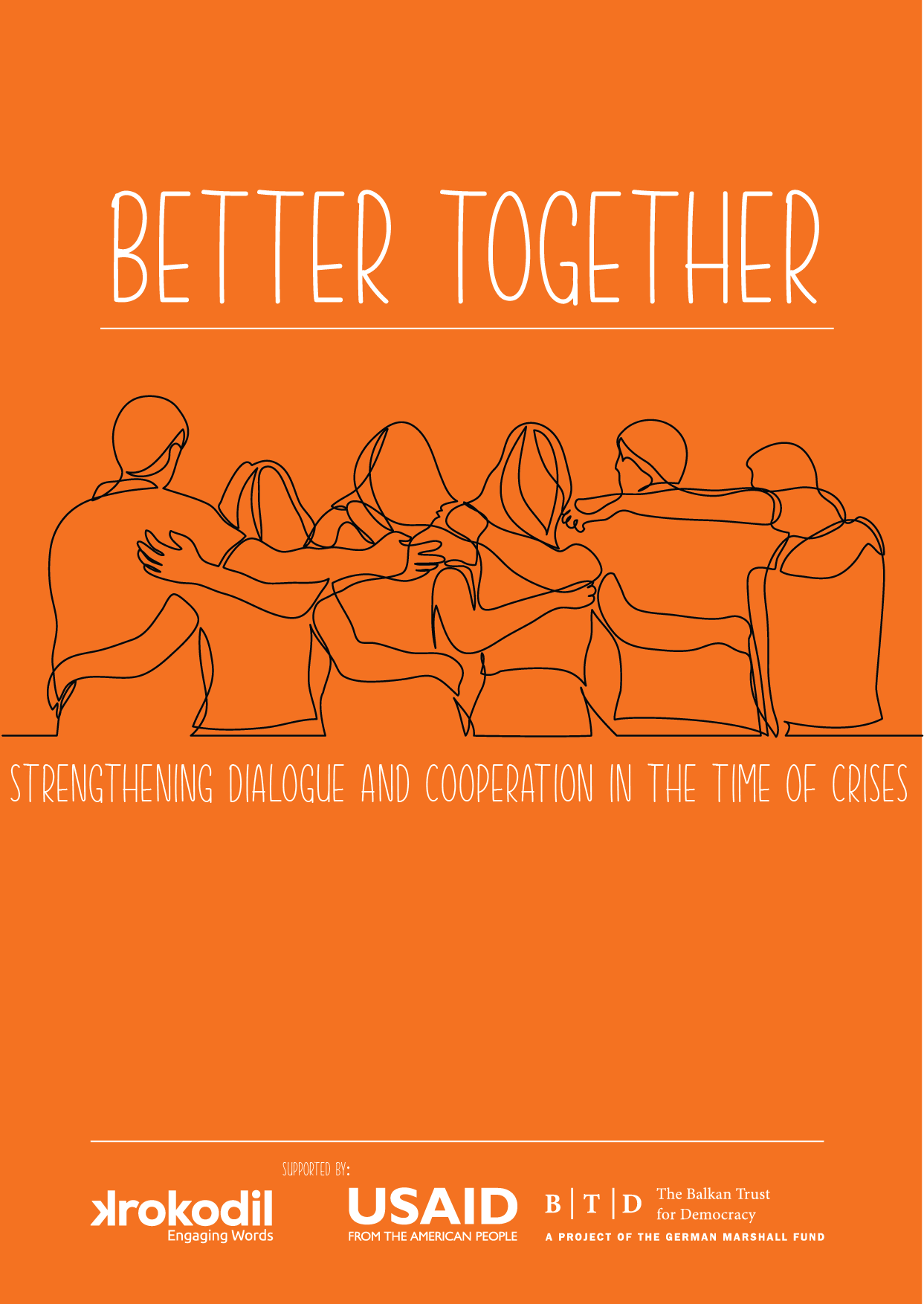
30 Dec ANALYSIS IMPACT OF THE COVID-19 PANDEMIC ON THE INDEPENDENT SECTOR IN THE BALKANS
More than 17 months since the outbreak of the COVID-19 pandemic[1], it is now clear that the world has been challenged with an unprecedented crisis since the end of the Second World War. Naturally, the crisis reflects the time in which we are all living; the interdependences between state and non-state actors across the globe, as the result of globalization, led to this crisis and creates disturbances in almost every aspect of “normal life and work” which can be felt in every country in the world. The past seventeen turbulent months proved to the global community that only by working together, the crisis can be ended. Many scientists, but also ordinary citizens, are asking questions such as: Was it possible to avoid this crisis? Did the crisis management in the very beginning fail to react accordingly? Indeed, warnings about the pandemic outbreak were regularly issued, particularly by the scientists and some international organizations, such as World Health Organization. However they were ignored by decision-makers, and ultimately by power-holders. On the other hand, the crisis hit citizens of almost every nation, no matter their wealth, profession or ideological beliefs. All sectors were badly hit by the crisis on different levels – economically, psychologically, and politically.
In this short analysis, we have focused on what can be described as the independent sector – non-governmental organizations, creative industries, independent artists and cultural workers who are not working in public institutions. In addition, we focused on the region of South-East Europe. Our aim was to investigate the impact of the COVID-19 pandemic on the regular work of the NGOs, independent cultural sector and creative industries, and to articulate how these actors could contribute to the solution for this ongoing public health crisis. In the analysis, we identified dozens of relevant organizations in the Balkans; however, our aim was to see if there is any difference in coping with the crisis between these organisations and those operating in the EU member countries. Organizations that were contacted to contribute to this research and fulfil the questionnaire which gave us a good basis for further analysis are registered and operating in four EU member states (Croatia, Slovenia, Bulgaria and Romania) and five in the Western Balkans (Serbia, Bosnia and Herzegovina, Montenegro, North Macedonia and Kosovo). We used both quantitative and qualitative methods of analysis. Aforementioned questionnaire was fulfilled by 51 representatives. For the purpose of credible qualitative analysis creation we used relevant articles which have been officially published since the outbreak of the pandemic and which are dealing with topics similar to the one that we are articulating. This analysis will be used for further discussions that will take place during the Festival KROKODIL 2021, and later on throughout the realisation of the Better Together project framework. Preliminary findings lead to two main conclusions: firstly, the pandemic has had more negative consequences for those actors working and operating in independent sector compared to those operating in public sector; secondly, there is a need for cross-network deliberation and discussion among civil society actors, independent organizations and informal groups about the experiences and good practice examples, and more importantly the need for advocacy with the goal to include the independent sector in decision-making processes.
[1] It is important to mention that the COVID-19 pandemic has never been officially “declared”, since there is no body that is authorized to declare a pandemic. The World Health Organization (WHO) described the situation regarding the coronavirus as a pandemic. In addition, for the sake of clarity, it is important to underline that COVID-19 is a disease caused by coronavirus. In this analysis, we will use both terms “COVID-19 pandemic” and “coronavirus pandemic”.


